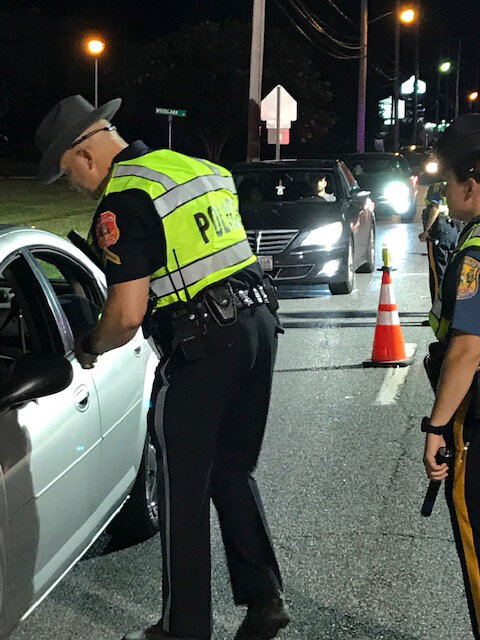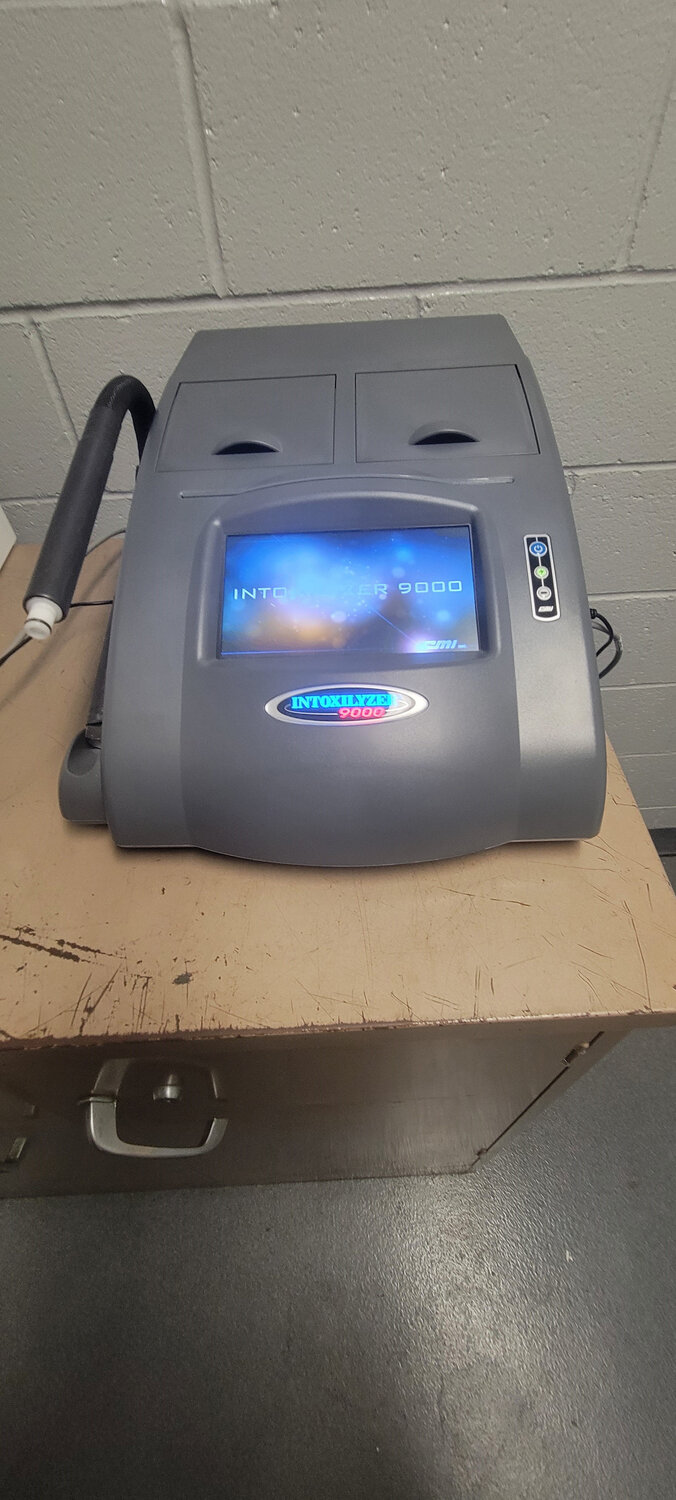Keeping tabs on Delaware’s DUI arrests
While arrests are down, officials hope more work can be done
A Sussex County motorist’s DUI arrest this month was his 10th, but he is hardly alone in facing felony charges for the crime in 2024.

You must be a member to read this story.
Join our family of readers for as little as $5 per month and support local, unbiased journalism.
Already a member? Log in to continue. Otherwise, follow the link below to join.
Please log in to continueNeed an account?
|
Keeping tabs on Delaware’s DUI arrests
While arrests are down, officials hope more work can be done
DOVER — A Sussex County motorist’s DUI arrest this month was his 10th, but he is hardly alone in facing felony charges for the crime in 2024.
Frank Harris, Mothers Against Drunk Driving’s director of state government affairs, said the Sussex County charge is a sign that “Delaware isn’t making enough progress on drunk-driving laws.”
Through July 10, Delaware State Police reported making 153 felony arrests for driving under the influence for the year. A DUI charge escalates from a misdemeanor to a felony upon an individual’s second arrest for it.
And the state isn’t alone in tackling this issue, Mr. Harris said.
“We get calls all the time of people who have been caught 10 times and have probably driven drunk thousands and thousands of times, and those people have drunken themselves to death to begin with and are still somehow on the road,” he said.
While none of Delaware’s 73 traffic fatalities in 2024 had yet been connected to drugs and/or alcohol through Friday, the state’s Office of Highway Safety noted that the “count is unofficial and could rise as fatal crash investigations are completed.”
Compare that to 2023, when the office reported that there were 26 drug- and/or alcohol-related traffic deaths through July 25.
Plus, state police made 332 felony DUI arrests in 2023, down from an average of nearly 391 annually in 2020-22.
Nevertheless, Mr. Harris believes Delaware’s DUI laws need strengthening, including lowering the minimum blood alcohol content required for a charge from 0.08% to 0.05%.
Also, “law enforcement needs more tools to enforce the laws. They need more trained personnel to be on the lookout all the time,” he added. “This doesn’t just happen between 9 p.m. to 3 a.m.”
When it comes to such enforcement, Delaware State Police spokesperson Cpl./3 Lewis Briggs said the agency’s focus is “always to reduce fatalities and crashes.”
“We do so through public education and enforcement, informing motorists of the dangers of impaired driving and working to get impaired drivers off the road.”
A similar sentiment was shared by Sharon Bryson, the director of the Office of Highway Safety.
“While there appears to be a slight decline in the number of crashes caused by impaired drivers, any crash is one too many. If you feel different, you drive different. Drivers must always be able to focus completely on the task of driving,” she noted. “Their lives and the lives of others around them depend on it.”
To curb drunken driving, “OHS continues to work closely with our partner agencies to educate the public on impaired driving. This includes the use of social media and outreach events,” she said.
“In addition, OHS works with law enforcement agencies to fund mobilizations such as ‘Drive Sober or Get Pulled Over.’ Law enforcement agencies have the ability to supplement their regular patrols using federal grant dollars specifically to enforce the impaired-driving laws in Delaware.”
Ms. Bryson also noted that her office will once again partner with police departments to fund several DUI checkpoints, beginning this fall, a practice curtailed since the start of the pandemic.
“There are significant consequences associated with a DUI crash, including serious injuries and death. The biggest issue is that, even though everyone is aware of the consequences, people are still choosing to drive under the influence,” she continued.
“Before getting behind the wheel, impaired drivers should always consider the negative impacts of a DUI and have a plan for a safe and sober ride home.”
According to Delaware Code, with a conviction, DUI penalties can include:
- For the first offense, an individual will be fined not less than $500 nor more than $1,500 or imprisoned not more than 12 months or both.
- For a second offense occurring at any time within 10 years of a prior offense, he or she will be fined not less than $750 nor more than $2,500 and imprisoned not less than 60 days nor more than 18 months. A sentencing court may suspend the minimum sentence set forth in this subsection in lieu of the offender’s completion of the Court of Common Pleas’ DUI treatment program, through which he or she shall finish a minimum of 30 days of community service.
- For a third offense, an offender would be guilty of a class G felony, be fined not more than $5,000 and be imprisoned not less than one year nor more than two years.
- For a fourth offense, the individual would be guilty of a class E felony, be fined not more than $7,000 and imprisoned not less than two years nor more than five years.
- For a fifth offense, he/she would be guilty of a class E felony, be fined not more than $10,000 and imprisoned not less than three years nor more than five years.
- For a sixth offense, the offender would be guilty of a class D felony, be fined not more than $10,000 and imprisoned not less than four years nor more than eight years.
- For a seventh or any subsequent offense, the person would be guilty of a class C felony, be fined not more than $15,000 and imprisoned not less than five years nor more than 15 years.
The provisions of Delaware Code or any other statute to the contrary notwithstanding, at least half of any minimum sentence shall be served at Level V and shall not be subject to any early release, furlough or reduction of any kind.
The state’s DUI laws are detailed at delcode.delaware.gov.
The Delaware Division of Motor Vehicles also employs two programs using ignition interlock devices, one for first-time offenders and one for voluntary use. For information, visit dmv.de.gov or call 302-744-2508.
Members and subscribers make this story possible.
You can help support non-partisan, community journalism.
Other items that may interest you





 By
By 



